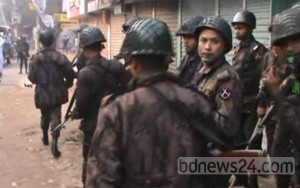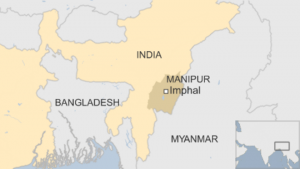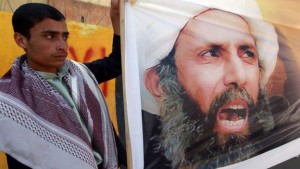Multiple explosions, gunfire rock Indonesia’s Jakarta; at least 7 dead including 4 attackers
Suspected Islamic militants launched a massive gun and bomb attack in Indonesia capital Jakarta, leaving at least 7 people dead. Media reports claimed that at least 10-14 gunmen – most of whom are still at large – where involved in the deadly strike, which has been now described by Indonesian President Joko Widodo as a terror attacks.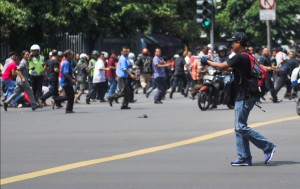
The deadly attacks were focused on a Starbucks in an area filled with offices and Western brands.
Jakarta police say the 7 dead include 4 attackers too.
Starbucks has confirmed that a customer has sustained injuries from explosion in Jakarta and was treated, latest reports said.
Indonesian police has said that the attack in downtown Jakarta has ended and security forces are in control.
Eyewitnesses said that the multiple terror strike started at 10:30 am local time in the heart of Jakarta when a militant shot dead a traffic cop from close range and then blew himself up.
Moments later one more explosion was heard from across the street at a Starbucks cafe. Reports later said that the gunman who attacked the cafe shoot at bystanders, as a series of explosions rocked the area.
The area is very near to a number of embassies and the regional office of the United Nations. A popular shopping centre called the Sarinah mall along the busy Jalan Thamrin is also in the vicinity.
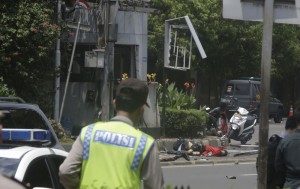 Police snipers were deployed among hundreds of other security officers even as latest reports now suggest that the terrorists are holed up in a theatre.
Police snipers were deployed among hundreds of other security officers even as latest reports now suggest that the terrorists are holed up in a theatre.
Indonesia has been on edge in recent weeks over the threat posed by Islamist militants and counter-terrorism police have launched a crackdown on people with suspected links to Islamic State.
“We have previously received a threat from Islamic State that Indonesia will be the spotlight,” police spokesman Anton Charliyan told reporters. But he said police did not know who was resposible.
An explosion was heard in the western suburb of Palmerah, according to a domestic 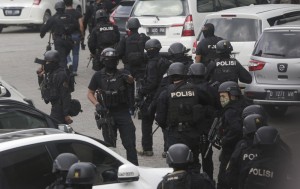 media tweet, but police said they could not confirm a blast there.
media tweet, but police said they could not confirm a blast there.
Indonesia has the world`s largest Muslim population, the vast majority of whom practise a moderate form of the religion.
The country saw a spate of militant attacks in the 2000s, the deadliest of which was a nightclub bombing on the holiday island of Bali that killed 202 people, most of them tourists.
Police have been largely successful in destroying domestic militant cells since then, but officials have more recently been worrying about a resurgence inspired by groups such as Islamic State and Indonesians who return after fighting with the group.
The last major militant attacks in Jakarta were in July 2009, with bombs at the JW Marriott and Ritz Carlton hotels.
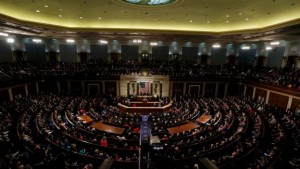
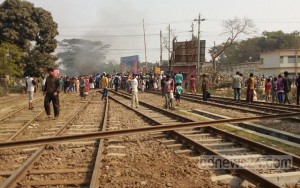
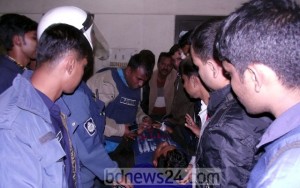 Border Guard Bangladesh (BGB) was deployed on Tuesday morning amid mounting tension in the town.
Border Guard Bangladesh (BGB) was deployed on Tuesday morning amid mounting tension in the town.